


In which I will attempt a little baking, a little photography, the occasional epiphany and much much more.






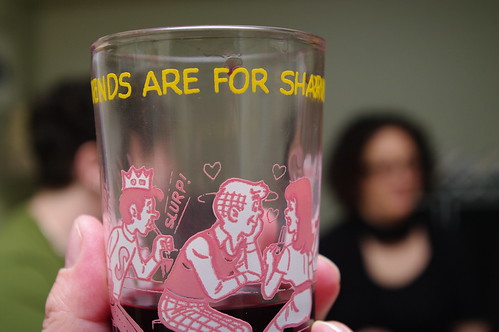

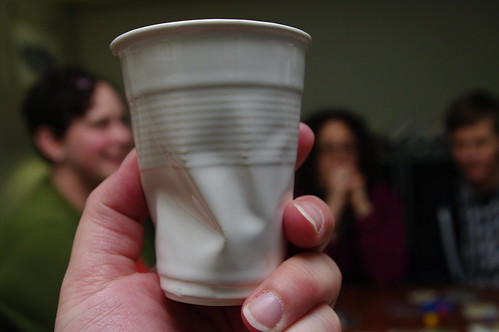
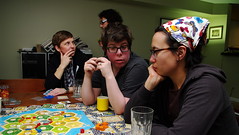

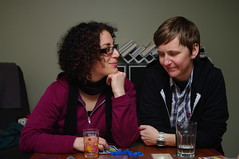
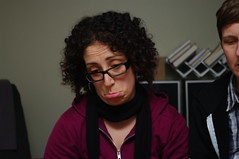










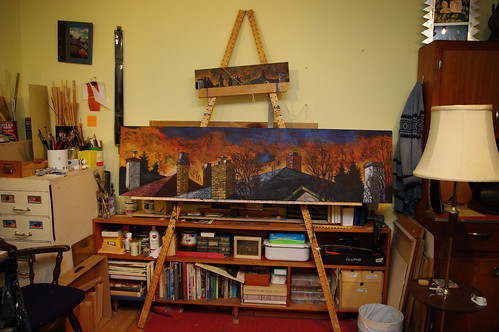


 These images are small because I didn't want Blogger to crop them (as is your wont dear blogger).... so you're going to have to imagine them as much larger pieces.
These images are small because I didn't want Blogger to crop them (as is your wont dear blogger).... so you're going to have to imagine them as much larger pieces.


Hard-working women. May, a housemaid, Audrey, a seamstress and Mathilda, a dining room and laundry worker. Together, they put in perhaps as many as 285,000 hours of labour.
They were never paid a nickel.
It was called "Moral Therapy". Labour-intensive jobs, long hours, no vacation, no retirement package, no pay. From the mid-nineteenth to mid-twentieth centuries, such was the preferred ‘treatment’ for psychiatric patients at the Toronto Hospital for the Insane.
Why? Domestic duties were believed to make women inmates more "tractable and contented". Little is known about such so-called therapeutic benefits. What we do know is that the unpaid labours of inmates like May, Audrey and Mathilda saved hospital administrators very significant amounts of money.
They fed and clothed and cared for each other. In so doing, we hope that these women found dignity and belonging in a place that offered neither."

"By Sandra Phillips.
No pockets, no designer label and no discernible style. Track suits like this were purchased by the gross to clothe residents of institutions across the country. In institutional settings, people, like clothing, are interchangeable.
Today, despite policies of deinstitutionalization both federally and provincially, thousands of Canadians with intellectual disabilities live in conditions as drab and formless as this track suit. Nearly 500 still live in Ontario's three remaining institutions: Southwestern, Huronia and Rideau Regional Centres.
This installation honours every small claim to individuality attempted in institutional confinement – whether by gesture, deed or some expression of personal style."

In medical slang, Kristen had been designated as “FLK”, an acronym for "funny looking kid". A chromosome exam was ordered while her cardiac abnormalities were assessed.
Kristen's death was one of 36 infant deaths that occurred on the hospital's cardiac ward between June 1980, and March 1981. The Royal Commission of Inquiry into Certain Deaths at the Hospital for Sick Children (the "Grange Inquiry") conducted 191 days of hearings probing the circumstances of these deaths.
The Commission concluded that Kristen had been murdered, but was unable to make any determination of responsibility. "





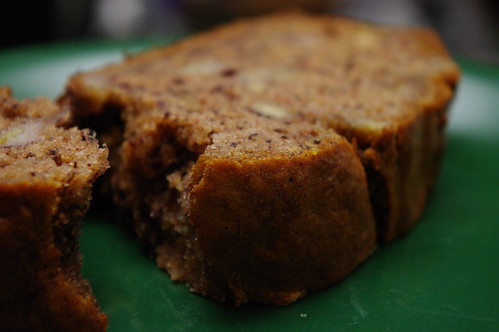
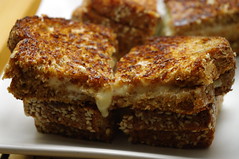 We had a slice after grilled cheese sammiches.... when we were watching the men's gold medal curling game. You know the one: Canada vs THE PANTS.
We had a slice after grilled cheese sammiches.... when we were watching the men's gold medal curling game. You know the one: Canada vs THE PANTS.